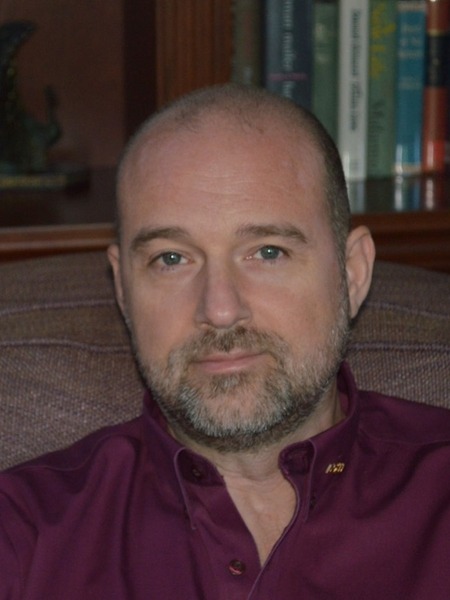Here's Why the Creator of Microsoft Excel Left a Software Career to Work in Civil Liberties
-
-
slice.mit.edu
Filed Under

Recommended
Doug Klunder knew his first job interview as an MIT student went well when the company flew him to its headquarters in Washington State for a second interview, which also went well. In 1981, after graduating a year and a half early, he joined as its first college recruit.
The fit was perfect: he wanted to be a programmer and the young company was brimming with raw talent, ideas, and opportunities. He would spend the next 10 years at Microsoft, developing one of the most widely used computer programs.
“Excel was my baby,” says Klunder, who developed, coded, and perfected it over two years after working on the company’s first spreadsheet program, Multiplan. “It immediately became the best-selling product for the Mac. It was widely recognized by people for many different uses, including ways we never conceived of.”
Since it released the first version of Excel—for Macs only—in 1985, Microsoft has improved and upgraded the product every couple of years. “Of course many features have been added,” Kunder says, “but the basics of the spreadsheet are the same. And I still use spreadsheets that I created 25 to 30 years ago.”
While that legacy endures, Klunder decided to change careers in 1992. “I had done enough software development for a lifetime,” he says. At age 32, he left Microsoft and began pursuing his interest in privacy as a part-time volunteer at the American Civil Liberties Union (ACLU). Then he went to law school so that he could litigate as well. As a full-time privacy counsel at the ACLU’s Washington State affiliate, Klunder still spends much of his time immersed in new technology, though from a very different angle.
“Most of what I work on has to do with technology and privacy and where government and individuals intersect,” he says. He develops briefs and works to change or enact state policies in order to protect individuals’ privacy while ensuring the best use of technologies. “A fair amount of my time there now is writing amicus briefs for state supreme court for various privacy issues, some of them technology-related and some of them just very old-school basic constitutional law about what happens when you get stopped by the police.” Issues with police body cameras, drones, GPS tracking, and cell-phone records are all within his bailiwick.
“Take drones,” says Klunder, who lives in Seattle with his wife, Camille. “There are huge potential benefits in terms of saving money and saving lives, but there’s also the potential if they’re not regulated that it becomes a surveillance network. In Washington, we’ve been working on a bill to prohibit law-enforcement use of drones without a warrant, though they could still be used for things like search and rescue, wildlife monitoring, and forest fire prevention and management. This is the same kind of balancing that underlies almost all of our work on technology.”
This article originally appeared in the January/February issue of MIT Technology Review magazine.







